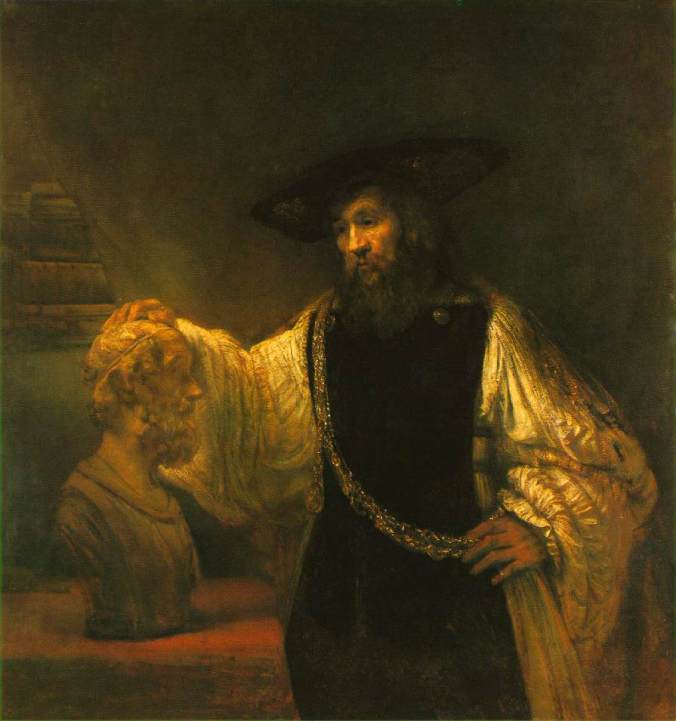The last couple of blog posts from the Turn Inward series highlighted an important concept for Augustine of Hippo’s journey toward religious faith and psychological knowledge – namely that of friendship.
We know from his Confessions that much of his ideas regarding friendship and what constituted the good life was derived from his readings of the Roman philosopher, orator, and politician – Marcus Tullius Cicero. However, Cicero himself was elucidating and refining this concept of friendship transmitted to him through his own studies in Greek philosophy.I wanted to take this opportunity to reflect on this Mediterranean tradition of the Graeco-Roman world and explore the foundations of ethics and morality.If we recall from previous discussions – friendships can be defined by three characteristics
- Pleasure
- Utility
- Virtue
Pleasure and Utility seems quite comprehensible to our modern sensibilities. But Virtue? Well, as has been made apparent by all the questions I end up getting – Just What Do You Mean By Virtue?
Even the word seems somewhat…..off-kilter to the average person. It seems to conjure images of priests at pulpits, nuns with rulers, school teachers haranguing students, and members of the older generation wagging their fingers at their grandchildren.
One insightful young fellow told me that speaking of Virtue set off the “bullshit alarm” in his head…..that or the “speaker must be judging me somehow.”
I find it rather interesting that a word like that could carry so many associations and uncover many anxieties – especially since no one seems to bother to ask what the word meant in its original form. In other words: What did being virtuous mean to the Graeco-Roman thinker?

Aristotle Contemplates a Bust of Homer, by Rembrandt Harmenszoon van Rijn
There is one Greek philosopher whose examination of virtue and ἠθικός (trans: ethikos or ethics) stands above the rest – Aristotle. This isn’t because Aristotle somehow “invented” a moral or ethical code. Rather, he stands in a tradition stretching back to Socrates who investigated the common sense notions of the Greek people about what is Good and Virtuous.
Aristotle’s brilliance comes from the overall account he gives about what it means to be virtuous in the context of one’s individual needs, one’s duties to society, and one’s place in the cosmos.
So let’s get started – What is Virtue?
Latin: Virtus = Greek: ἀρετή (Arete) = English: Excellence
So Virtue is a type of Excellence.
Well, what the hell does that mean?
An example: Take a piano player. A piano player refines his or her piano-playing skill through habit and practice. His or her skill would be referred to by the Greeks as a τέχνἠ or Techne – an art or craft. Once the piano player achieves a certain level of ability, others will come to acknowledge that person as having developed an ἀρετή or excellence.
You can probably take any type of social role – Doctor, Lawyer, Engineer, Accountant, Police Officer, Baker, etc. and apply that same type of logic.
So what Aristotle does is ask a question: Is there a type of Excellence that all Human beings can achieve in order to live a full, happy, and successful life?
For Aristotle and the Ancient Greek World – the possession of the cardinal virtues is a type of moral excellence that allows an individual to express his or her full potential as a human being.
Virtue then is a disposition, an inclination, a… habit toward seeking to do what is worthy, honorable, and good.
And a friendship built on Virtue is a type of relationship where individuals seeks what is Best and Good for one another.